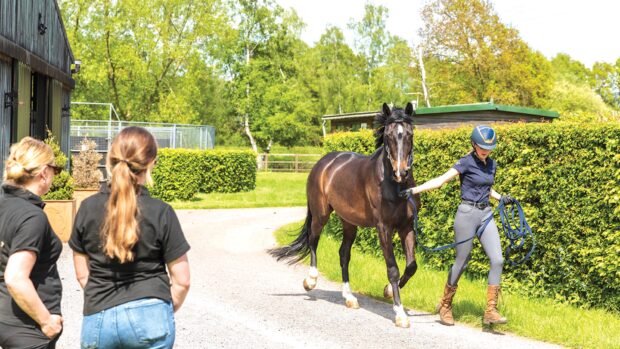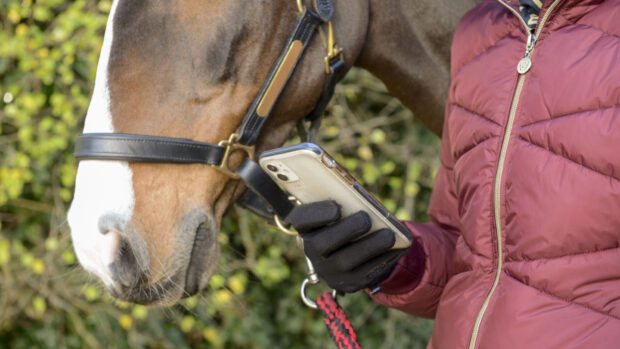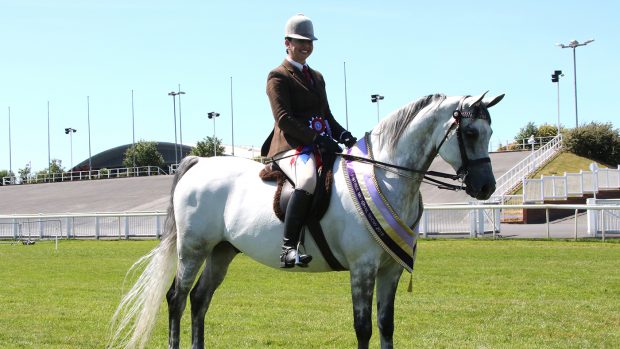Q: I purchased a £2,500 horse without a pre-purchase vetting. It has turned out to have severe rotation of the pedal bone. I wish to take out a small claim against the vendor, who says she is a private seller and not a dealer. I have downloaded more than 10 of her adverts for horses over the course of the past year, but what is the definition of a horse dealer? My court case hinges on proving that she is a horse dealer, as obviously I have more rights.
JJ, Kent
The first thing to point out is the importance of having a pre-purchase vetting when buying horses, as this situation could have been prevented.
There is no statutory definition of a horse dealer, according to Trading Standards. But Richard Brooks, partner at law firm Withy King, says defining someone as one is not necessary.
“The only definition that is important is the seller ‘selling in the course of business’,” he explains.
“Critically, this does not mean that the seller must be in the business of selling horses.
“A private individual cannot sell a horse who they state is suitable for hacking, for example, and then be permitted to escape liability for an untruth if the horse cannot be ridden, on the grounds they are not selling in the course of a business. If the horse was sold as suitable for hacking and does not match up to this term, this can form the basis of a claim whether it was a business sale or not.
“Alternatively, the Sale of Goods Act 1979 can be relied upon where there are no explicit terms,” Richard continues.
“The main provisions of the act are that goods should be of ‘satisfactory quality’ and ‘fit for their purpose’, which is where the requirement of a business sale comes in.”
Rebecca Hewitt from Darbys Solicitors says the firm often sees sellers seeking to avoid being deemed a dealer, believing this means they will escape liability for breach of contract.
“If someone is acting in the course of a business with a view to making a profit, or a history of ‘a course of dealings’ can be shown, then section 14 of the act, which relates to ‘implied terms about quality or fitness’, will apply to the sale,” she says.
“This seller’s multiple adverts are good evidence of ‘a course of dealings’. In addition, you might be able to track the horse’s former owner from its passport, which could help to establish a brief period of ownership by the horse dealer, supporting the intention to sell for profit.
“You may still be able to rely on the law of misrepresentation, and if the horse does not match its description in the advert, you may still have grounds for a claim for damages for breach of contract.”
Information
Darbys Solicitors LLP Tel: 01865 811700 www.darbys.co.uk
Withy King Tel: 01225 425731 www.withyking.co.uk
This Q&A was first published in Horse & Hound (10 April, ’08)



